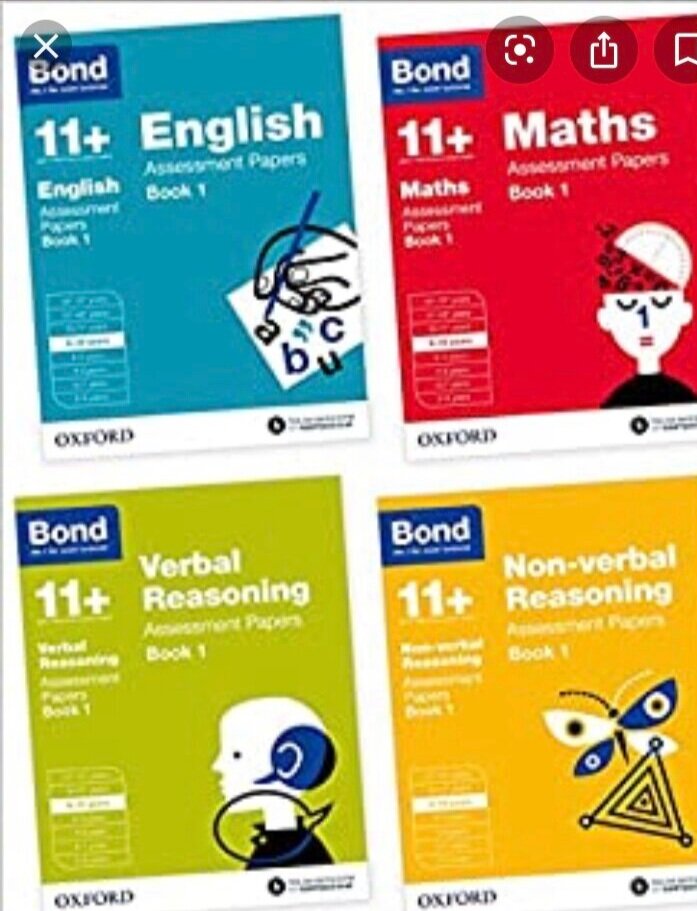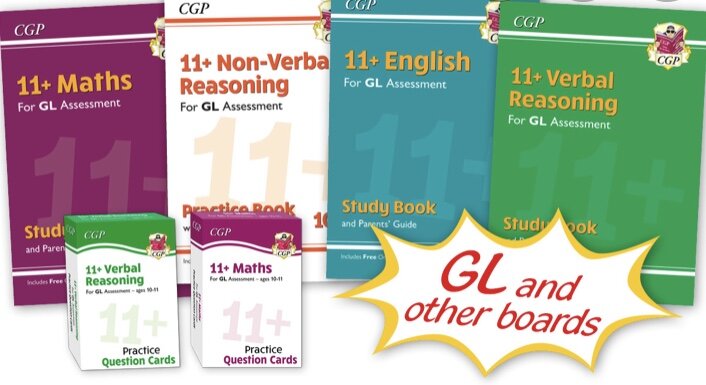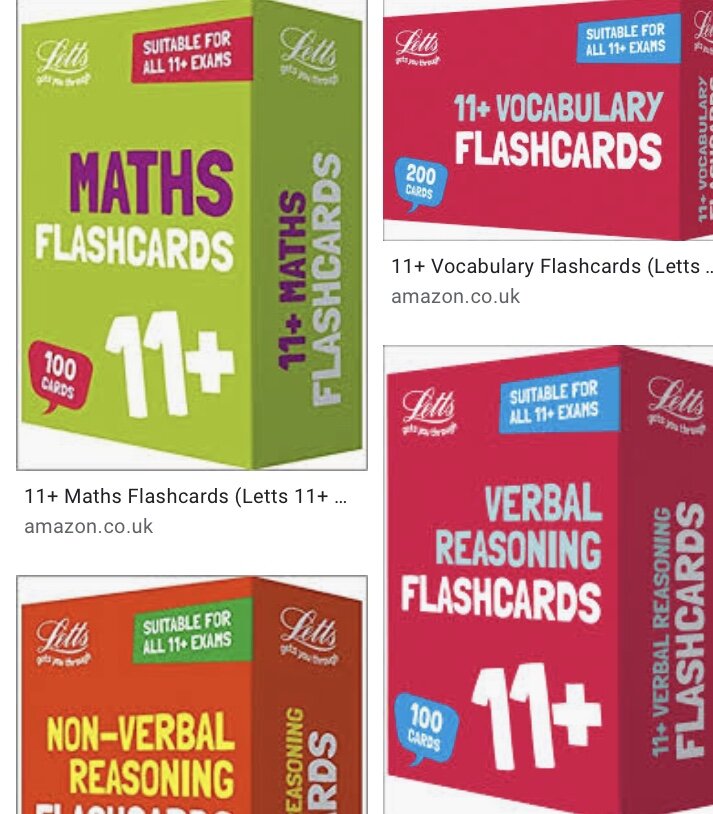Many parents complain that their child struggles with comprehension.
Perhaps it’s because they struggle to understand the text, or perhaps it’s because they find it difficult to figure out what the question is asking of them.
Whatever the reason, there are things that you can do to help your child improve their ability to read and understand even the most complex of texts.
Here are five of our favourite comprehension boosting tips:
Create an environment of literacy in the home.
This is a piece of advice given by the wonderful Dr Kathryn Weston and it’s one that’s stayed in my mind for a long time.
What does it mean?
Well, many parents completely dismiss literacy at home and often prioritise Maths and Sciences because English is often deemed a less important subject. And then, all of a sudden they realise that their child actually needs to have strong English skills because literacy is assessed throughout a child’s education. Such parents then frantically begin hunting for an English Tutor and panic because there isn’t much time to help their child improve their comprehension skills.
Instead of doing this, you can create an environment of literacy in the home by doing some of the following:
Reading to your child at night.
Asking your child to read to you for 10 minutes each day.
Using vocabulary flash cards during meal times so that you can create table topics around them.
Asking them to re-write some of the stories they’ve read recently and read them aloud to friends and family.
By doing this, your child begins to understand how important it is to build strong English skills especially with regards to comprehension.
Encourage them to read a variety of classic and modern texts.
It’s so easy to encourage your child to stick with the usual “fun” books such as Diary of a Wimpy Kid but such books don’t necessarily encourage much creative thinking or help a child develop their deduction or inference skills. By encouraging your child to read a variety of texts, you’ll be helping them to create the skills needed to make studying comprehension much less difficult.
Use 10-minute boosters.
We love the CGP and Bond 10-Minute series of books because they enable children to improve their comprehension skills in such a short space of time. It’s therefore worth purchasing some of these books and gradually working through the books with them. Start by going through the books together, discuss the passages and then eventually encourage your child to complete the comprehension papers on their own. It takes just 10 minutes and it’s so worthwhile.
So, there you have it. Three of our favourite tips for improving comprehension skills.
If your child needs additional help with comprehension, consider purchasing our online course which enables students to study at their own pace. Click here to learn more.








